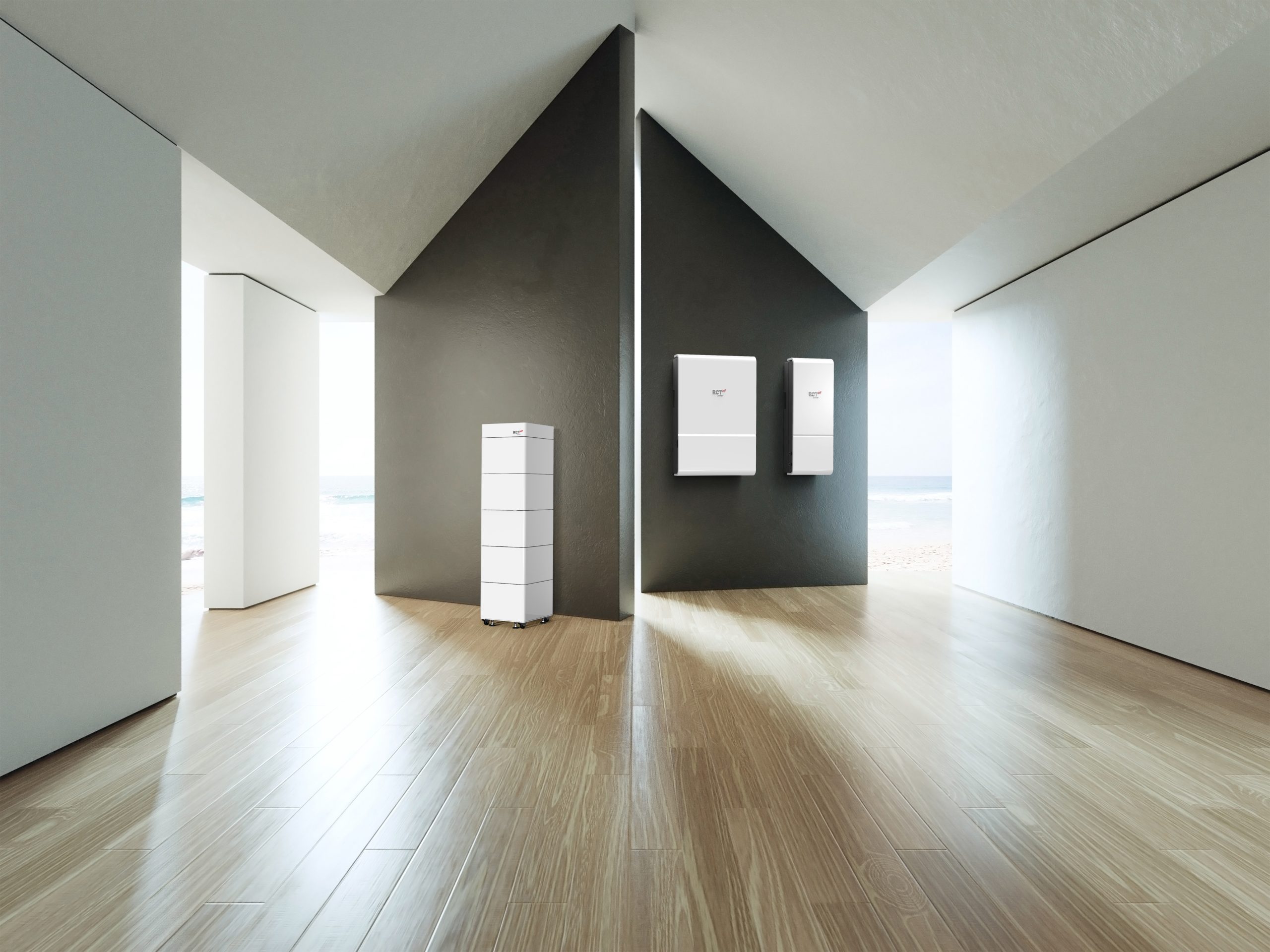
TIPS FOR BUYING A POWER STORAGE UNIT
If you own a photovoltaic system and would like to use the generated electricity more efficiently, you should consider buying a power storage unit. With a power storage unit you relieve the stress on the electricity grid and actively support the energy transition. Even when your photovoltaic system does not generate any electricity you could use the surplus electricity that is stored in the power storage unit. You also do not need to feed all your surplus energy into the grid. Instead you can use it if you need to increase your self-consumption and do not have to buy it back at high costs.
Things to consider before you buy
Think about some essential criteria before you buy a power storage unit: Where is a suitable location for the battery? What is the desired storage capacity that you need to be self-sufficient? The high overall efficiency of the system should be a basic requirement!
Space requirement
Consider the different designs of power storage units. Some models are very compact requiring little space, whereas others need more space. By looking at the dimensions of the storage units you’ll find out if you have enough suitable space in your house. Measure the space on the desired installation site. The ambient temperature should be between 15 and 25 °C.
Battery module
If you intend to buy a power storage unit, you should consider a flexible modular system as this can be upgraded with additional battery modules at a later date. Usually you choose the size of the storage unit aligned with your household consumption. But if you want to add a heat pump or an air condition unit in future, your consumption will rise. With a modular system you can upgrade the storage unit with additional battery modules.
Capacity
The usable battery capacity is, next to the overall efficiency and the charging and discharging performance, one of the most important selection criteria. A larger battery will increase your independence from your energy supplier. With a smaller battery you may optimize the self-consumption of the photovoltaic system. If the selected capacity is too large, there will be additional acquisition costs for the storage system, and part of the stored electricity remains unused. If the capacity is too small, you will have to buy additional electricity from the grid. Battery capacity is specified in net and gross values. You should always compare the net capacities. Some manufacturers try and make the battery capacity appear bigger by quoting the gross value for their batteries. The size of your household and your PV system plays an important role when you decide on the preferred capacity of your system. For a single or small family household, a lower storage system capacity will be sufficient, while big family households should buy a higher capacity system.
Efficiency
Pay attention to high overall efficiency when you buy a power storage unit. It describes the efficiency of the energy conversion of the system and includes, among others, performance losses caused by electrical components that control the accumulator. The higher the efficiency, the less energy is lost during storing and converting the electricity. Storage systems components influence the efficiency in different ways. High battery efficiency is no guarantee to achieve a high overall system efficiency. The system performance index SPI, introduced by the University HTW Berlin in Germany, makes it easier to evaluate and compare the performance of power storage systems. The SPI rates the systems based on the energy flows at the grid connection point, it should be higher than 90 %.
Depth of discharge
The depth of discharge indicates the percentage of the gross capacity of your battery that you can actually use. The depth of discharge of a storage battery can range between 50 and 90 %. If it exceeds 90 %, this shortens the life of the battery.
Intelligent energy management and smart home ready
Do you already use smart home technology in your household? If so, you can further optimize your energy consumption by buying a power storage unit that can be used with smart home ready heat pumps. Heating elements, heat pumps and charging stations for electric cars must also be able to connect intelligently to the power storage.
Intentions for the purchase of a power storage system
There are several reasons to buy a power storage unit:
- Optimizing the self-consumption
- Backup power in case of a power outage
- Saving on electricity costs
- Relief for the power grids
- More self-sufficiency in energy production and use
- Increasing property value
- Investing in the future and sustainability
- Compensating for the steadily decreasing feed-in tariff
Conclusion: Buying power storage units is a sensible investment
A power storage unit to store excess electricity that you can use when it is needed is a sensible supplement to your photovoltaic system. You save on electricity costs as you do not have to buy back electricity that you have previously fed into the grid. Before you buy, ensure that you determine the space required and also consider what storage capacity is reasonable for you.

